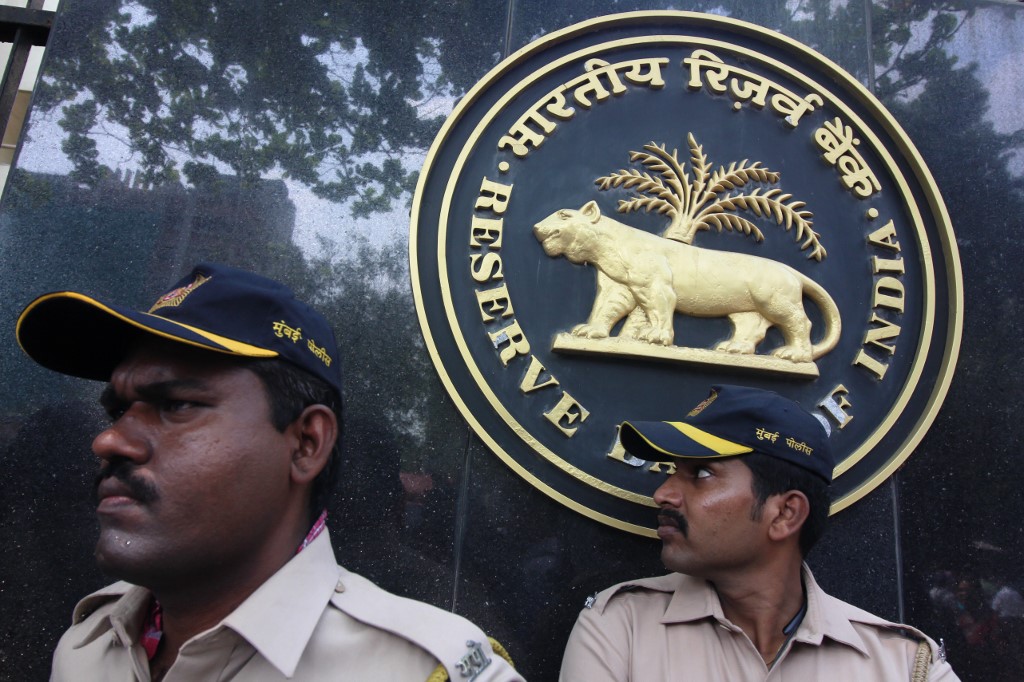(ATF) India’s central bank, the Reserve Bank of India (RBI) has announced cross-border payments as the next theme for its effort to promote innovation and financial inclusion.
As part of what it has dubbed the second cohort of a regulatory sandbox, the RBI invited banks, fintech and technology companies to collaborate and run experimental pilots under its supervision, so that the central bank can determine the efficacy of mass-market payment applications.
A regulatory sandbox is defined by the RBI as a framework to allow small scale, live testing of innovations by private firms in a controlled environment – generally operating under a special exemption, allowance, or other limited, time-bound exception – under the regulator’s supervision.
The RBI’s first cohort was based on retail payments, and two offline payment approaches – ‘eRupaya’ and ‘Payse’ – were selected to push digital payments in rural areas.
For the third cohort under the regulatory sandbox initiative, the central bank said that it will focus on lending for small and medium enterprises (SMEs).
Fostering innovation
The objective is to foster responsible innovation in financial services, promote efficiency and bring benefits to consumers, the RBI said.
The experiments may run for varying time periods but should ordinarily be completed within six months, the RBI added.
“We welcome the announcement, which is an encouraging development for cross-border payments in India,” Akash Sinha, founder of Cashfree, a Bengaluru-based fintech which helps Indian businesses make and collect payments, told Asia Times Financial.
“With the cross-border payments space emerging rapidly in the country, there is a need to introduce innovation and technology and make it more process friendly.”
Industry sources say while technology is already applied extensively in the cross-border payments space globally, it still involves a fair number of manual operations like risk and velocity assessment, foreign exchange conversion, and checking of credentials for transactions.
This not only takes time but also increases costs. “Innovation is direly needed to make these processes easier and scalable,” says Sinha.
Simplification of cross-border payments is needed, the RBI said, as India happens to be the largest global recipient of inbound remittances.
In 2019, India received $83 billion of inbound remittances, accounting for 15% of global share. Despite the pandemic, another $27.4 billion flowed in during the first half year of this year.
“The cohort is expected to spur innovations capable of recasting the cross-border payments landscape by leveraging new technologies to meet the needs of a low cost, secure, convenient and transparent system in a faster manner,” the RBI said.
The first selected entities will be told to focus on financial inclusion, payments and lending, wealth management services, digital identification services, smart contracts, and cyber security products.
Too many rules
“The announcement is also a signal the RBI is willing to consider relaxation of the myriad rules that currently regulate cross-border payments,” Ashwath Rau, a senior partner at AZB Partners, a legal consultancy firm that also specializes in new payments systems, told ATF.
He adds that because of complicated regulations, the space has not attracted the fintech sector’s keen interest yet.
“Being technology players, not many are willing to suffer the burden of the regulations. So, existing players prefer to operate in the personal remittances space only,” he says.
The RBI, it appears, is aware of the lack of fintech interest.
For cross-border payment live testing the central bank has widened the eligibility criteria by fixing the net worth criteria of a participant to under $14,000, as well as including partnership firms and Limited Liability Partnerships (LLPs) to test their use cases and its deployment in the market.
“Fintech players play an important role for reaching cross-border transactions to smaller businesses, but today they are stymied by regulations. The hope is, following the experiments the RBI will relax the rules to allow fintechs to play a larger role,” says Rau.
READ MORE: Tencent’s market value plunges $89 bn from anti-monopoly move
READ MORE: China central bank launches fintech development indicators
























